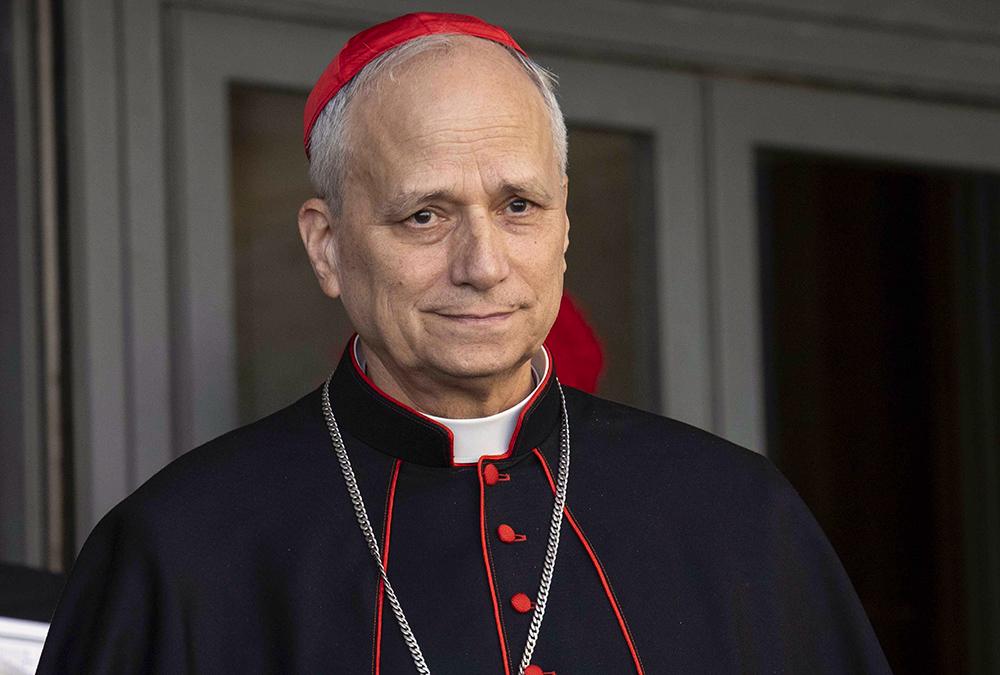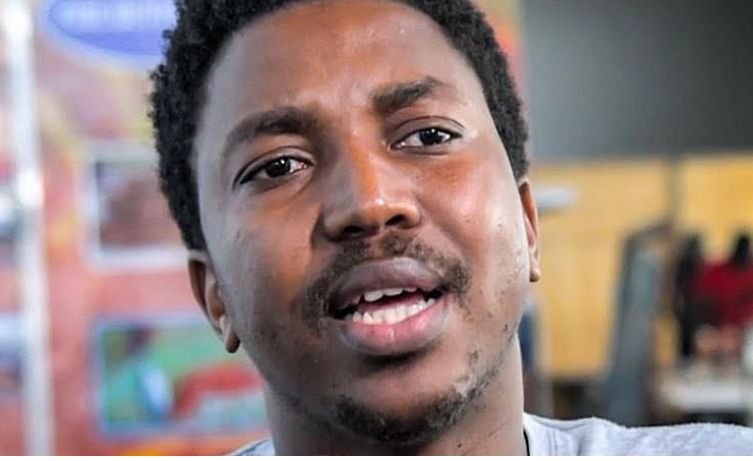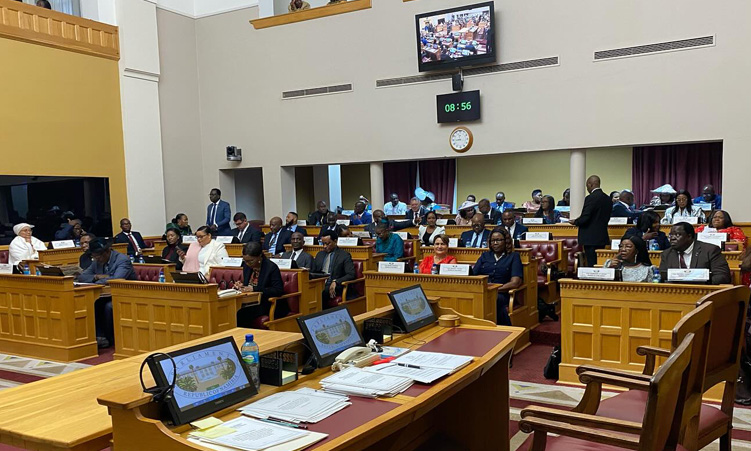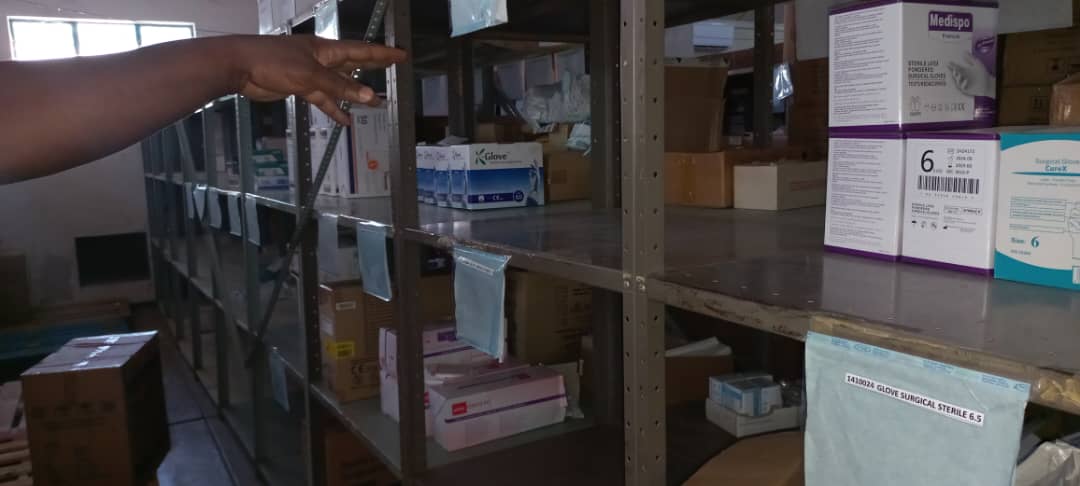THIS is an election year for Namibia and it is bound to witness so much interaction between the electorate and their political leaders. The country is also bound to witness the proliferation of political parties and realignment of some of the existing ones, as they enhance their chances at staking their claim to political power.
The political complexion during election periods resembles football clubs during big cup competitions. You have your favourites, those unknown entities and those who are hardly ever predictable in the race. But you also have the so-called spoilers. Those without whom the competition would have been business as usual. Namibia’s elections have since Independence not been the same. Each time there is something new and, this time around there are new political parties as well as seemingly new political trends. I hang around places like the Herero Mall and one evening a sympathiser of one political party asked me: ‘Omburandji ovira oovine?’ (which are the parties for this year?). When I did not have a straight answer, he said: ‘Me, I do not mind who forms the next government, as long as there is no two-thirds majority. When I asked what was wrong with a two-thirds majority, his comment was, when you have a two-thirds majority only one party rules and when you do not have it, all parties rule because everybody listens. I thought to myself, what a pragmatic way of interpreting democracy.One distinguishing feature of elections in Namibia is normally the peace and political tranquillity that characterise the electioneering process and more so, Namibians’ code of conduct during elections. I went to one of the African countries as election observer. These elections were hotly contested and by Namibia’s standards, marked by violence. After the results were announced I attended one of the victory parties. One of our hosts exclaimed: I must say that we had a very peaceful election this year, seeing that election-related violence was very limited. When I teased him out whether he really believed that violence was limited, he responded in the affirmative and added that, unlike in previous elections where more than a hundred people died, only 27 people were reported to have died in election-related violence. He wanted to know how many people die during Namibia’s elections and when I said that we hardly ever had one person die during the elections, he was very surprised. I said to him in closing that my belief is that, if ten people were reported dead in election-related violence, chances are that the head of state would cancel the elections mid-air. On this score, I believe that Namibia has so far done exceptionally well and thanks to the vigilance of the Namibian people. As Dean of Students at the University of Namibia, I used to tell my students during times of tension on campus that God did not choose Namibia as His only nation. He loves the world and whatever happens in every part of the world can also happen in Namibia. What has kept us together as a nation is the vigilance of the leaders of the Namibian people, to have decided to draw a circle that excludes nobody in Namibia who is determined to build together. From this resolve, Libertina Amathila coined the term when she was Minister charged with housing: ‘Let us build together, we owe this responsibility to ourselves and our generations to come’. Namibians must, as they prepare for elections, continue their resolve to BUILD TOGETHER! This has proven to be a wonderful foundation for any home and therefore a good example to emulate.
Stay informed with The Namibian – your source for credible journalism. Get in-depth reporting and opinions for
only N$85 a month. Invest in journalism, invest in democracy –
Subscribe Now!










